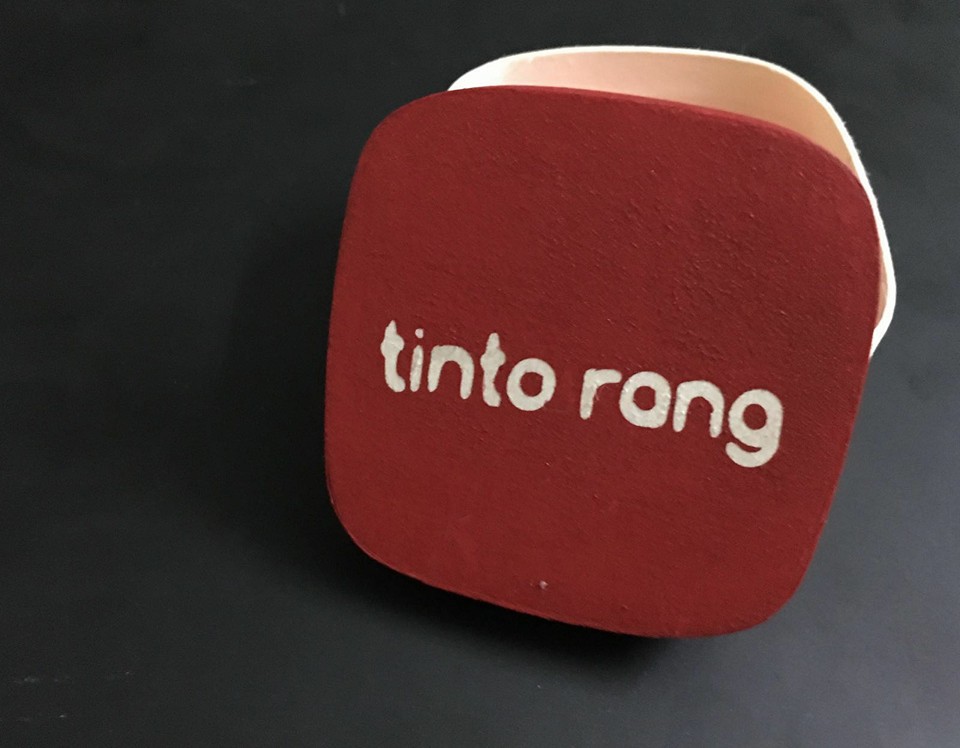Bengaluru-based Indian science startup Azooka Life Sciences has announced the discovery of the world’s safest DNA/ RNA fluorescent gel stain. The stain has been given the name tinto rang and patent for the same is pending. The stain has been developed from a plant source, whose name has not been disclosed, pending patenting.
The founders have claimed that tinto rang doesn’t alter the structure of DNA and can be used for multiple tests in biological sciences and genomics. It is stated to be seven times more sensitive than ethidium bromide. It is likely to be made available during the second quarter of this year.

Azooka Life Sciences is an Indian Institute of Science (IISc)-incubated startup, which received seed funding from Society for Innovation and Development at IISc. It was incorporated as a limited liability partnership in 2015. It has been co-founded by Dr J Fathima Benazir and Alex D Paul. Benazir, who is also the CEO, is a postdoctoral research fellow from IISc. She did her doctorate from Centre for Excellence in Environmental Sciences, Manonmaniam Sundaranar University, Tamil Nadu. Alex, who is the President, handles the product management and marketing functions.

Currently, there are around 30 stains in the world that bind to DNA/ RNA, but all of them are carcinogenic. Tinto rang is the first reported food grade DNA/ RNA stain. At present, DNA analysis and genomic labs are constantly exposed to toxic and carcinogenic stains, which are known to affect one’s health. Use of tinto rang would play a significant role in protecting the scientific community from exposure to carcinogens.
Further, this discovery is likely to cut the time taken to diagnose conditions such as HIV to a day, from 3 to 45 days at present. Typically, diagnostic labs need to culture bacteria in a blood test to identify disease, which takes several days. Tinto rang, which uses DNA markers, could bring down this time to just a day, helping doctors to begin treatment in many cases the same day. Another benefit could be that the costs of DNA testing could be drastically cut down as scientists so far were forced to import nucleic stains from other countries.
Interestingly, the name tinto rang, has been formed by combining tinto, which is the Portuguese word for red, and rang, the Hindi word for colour.
